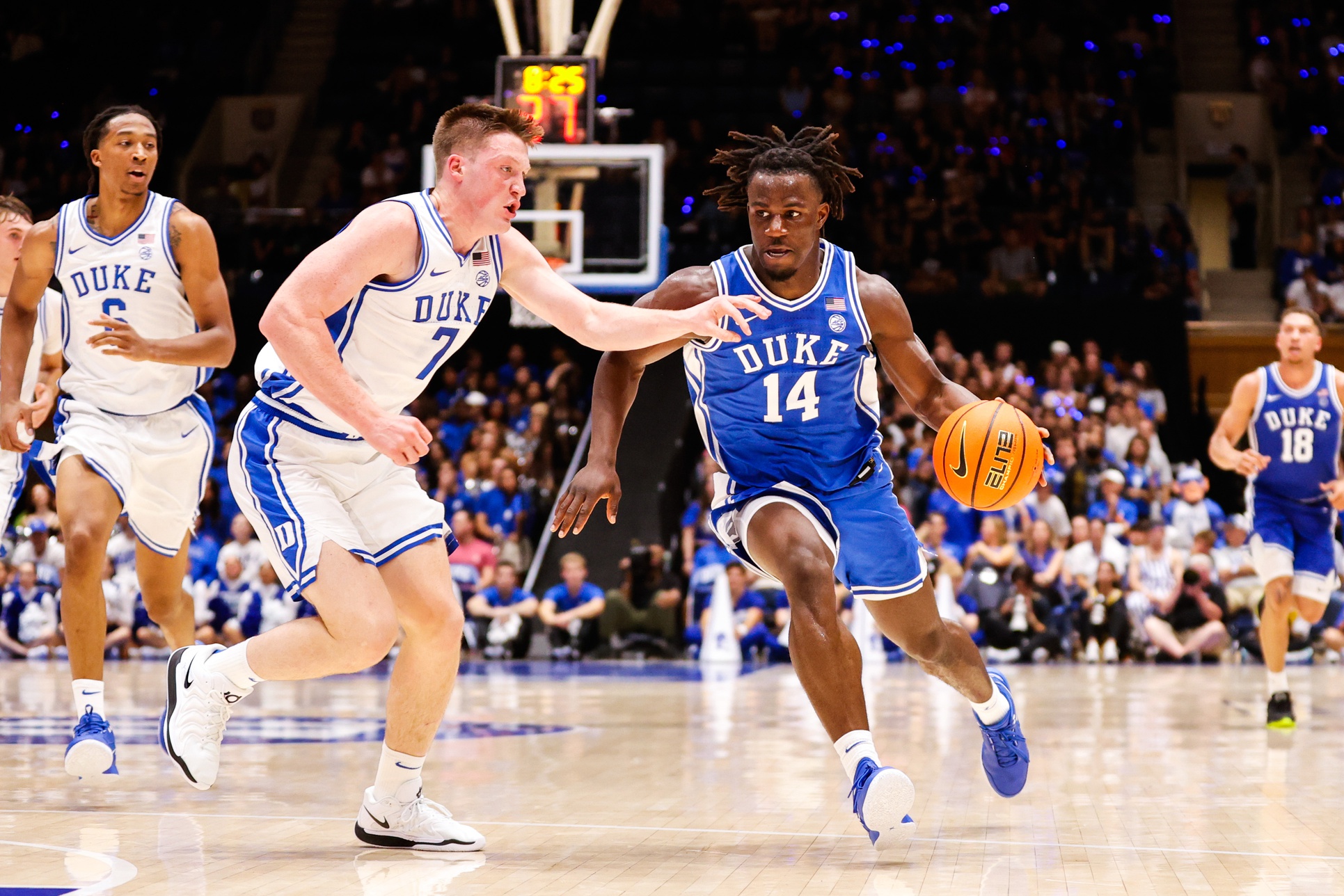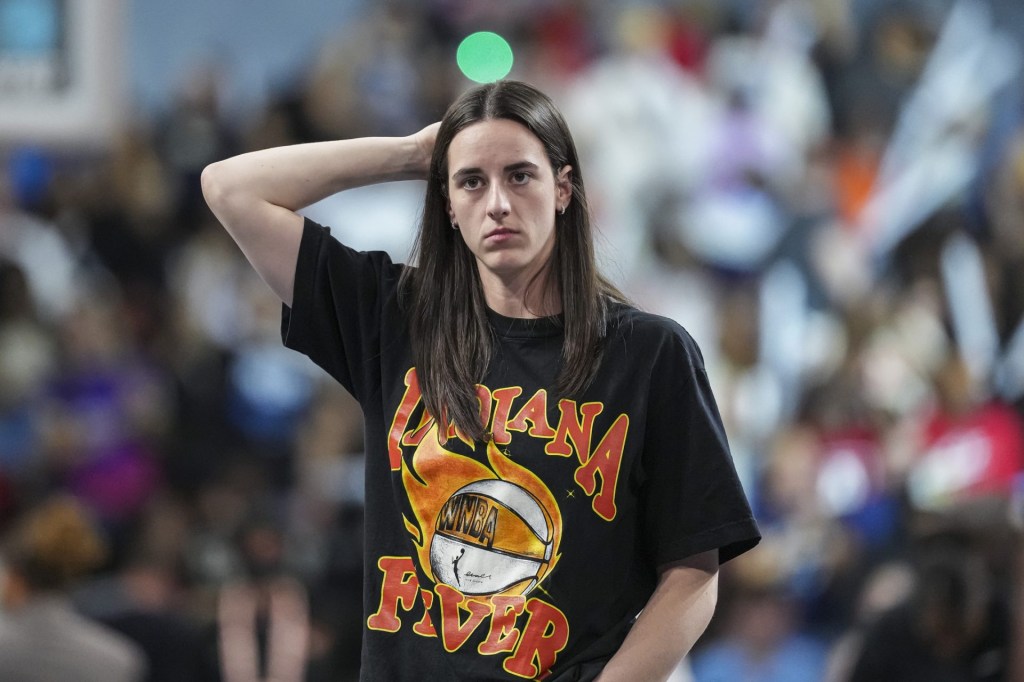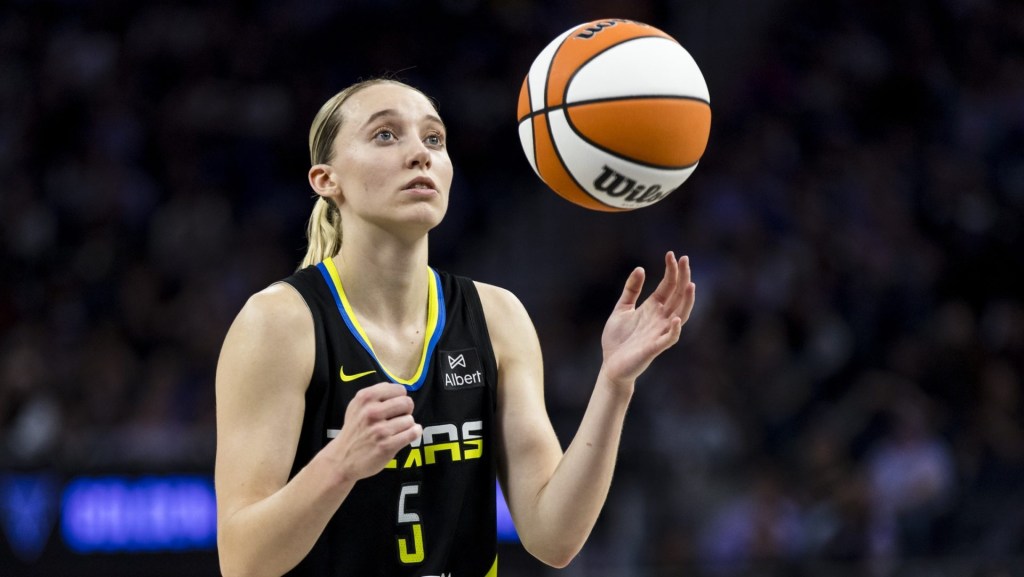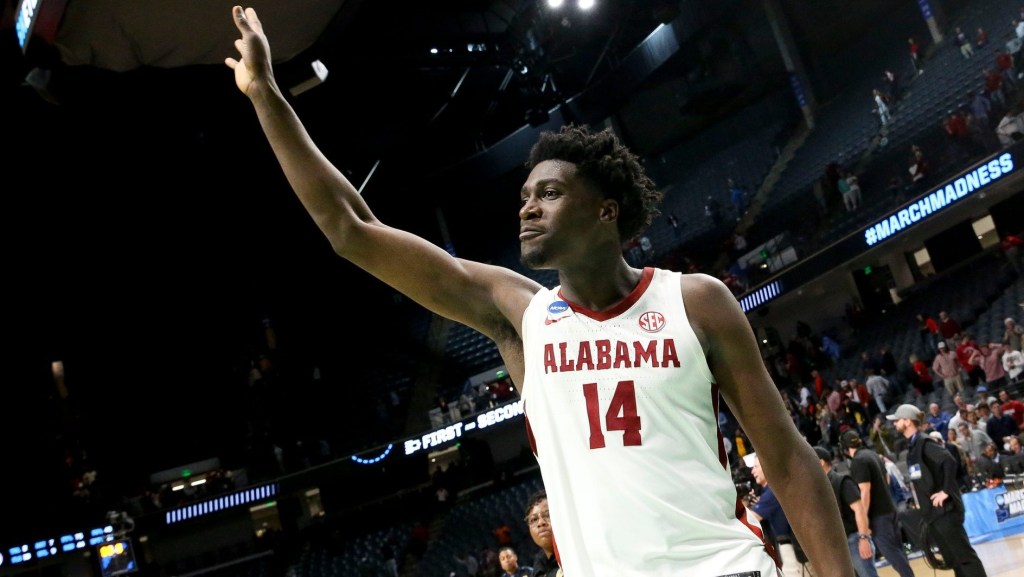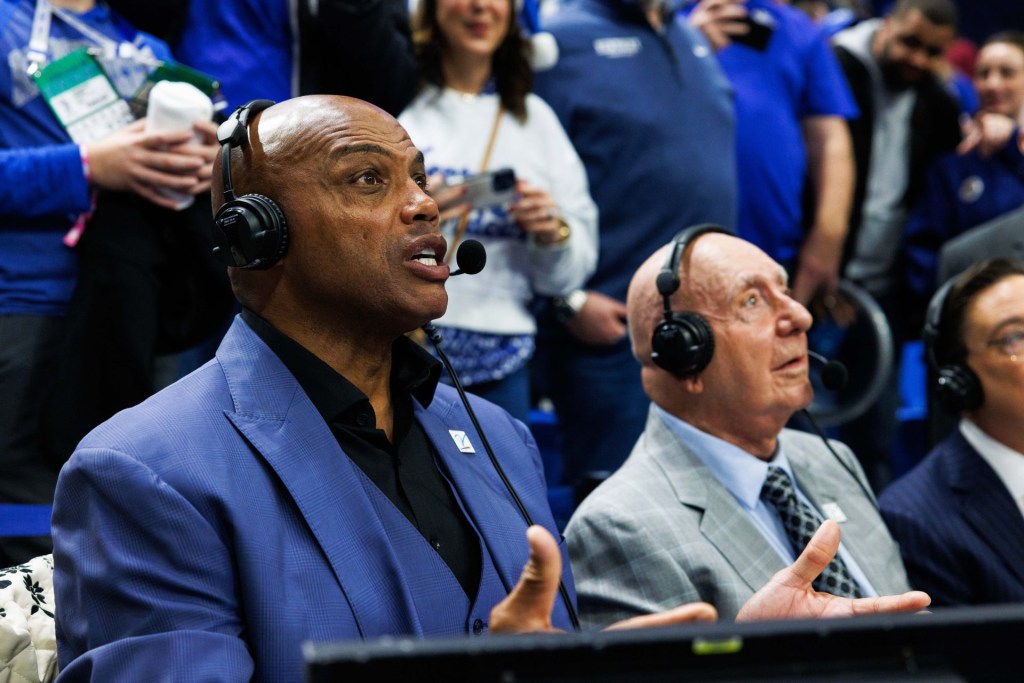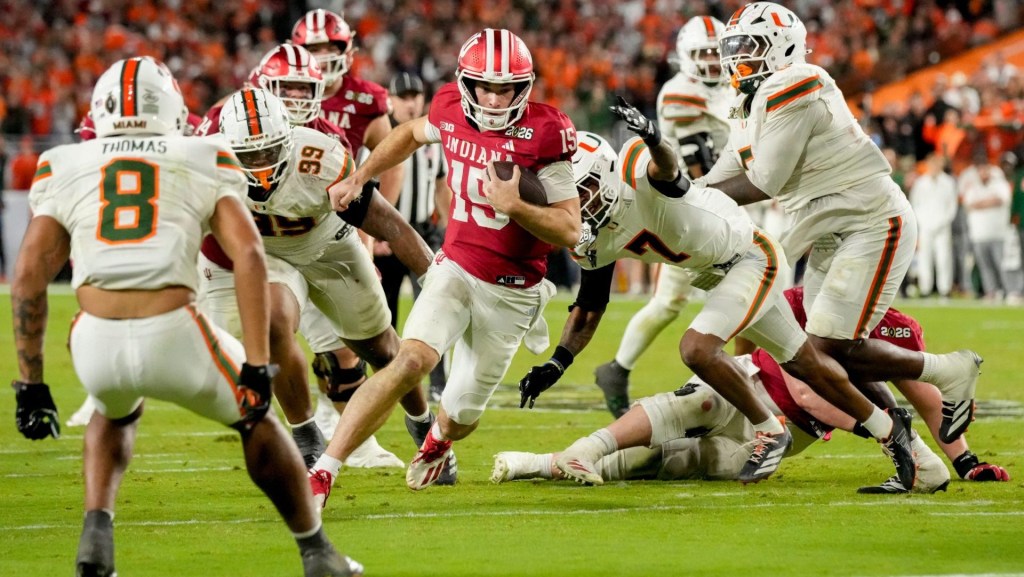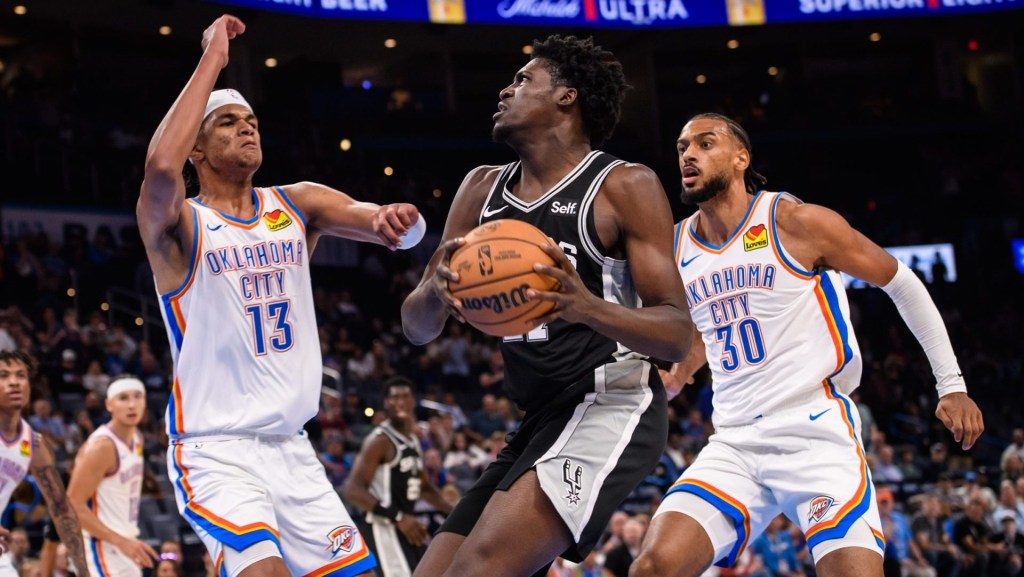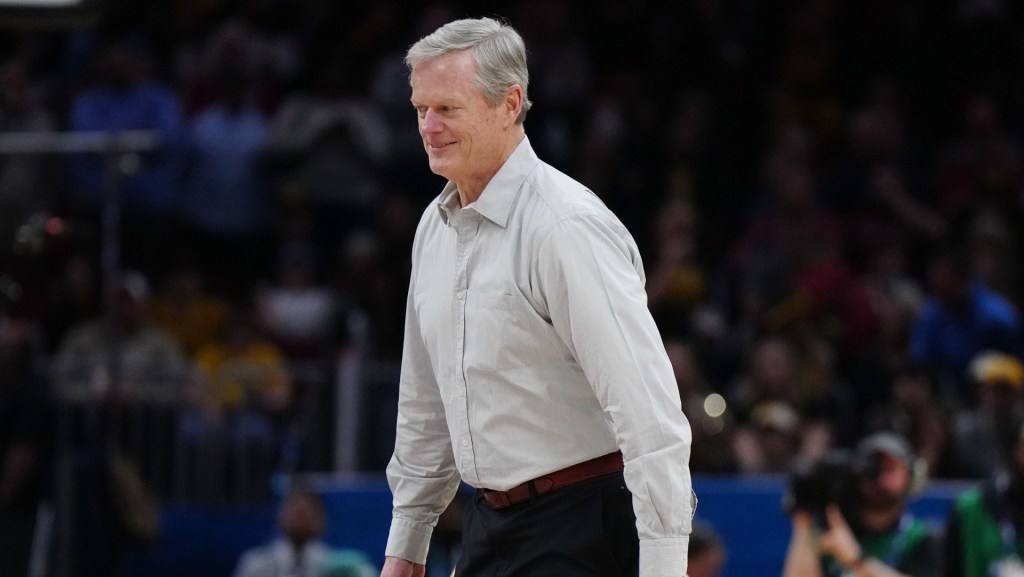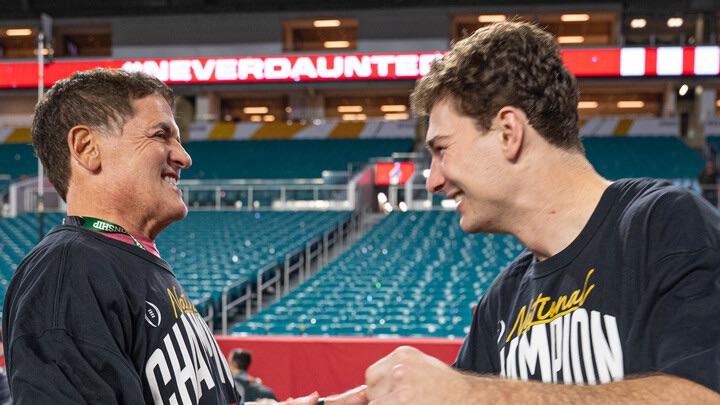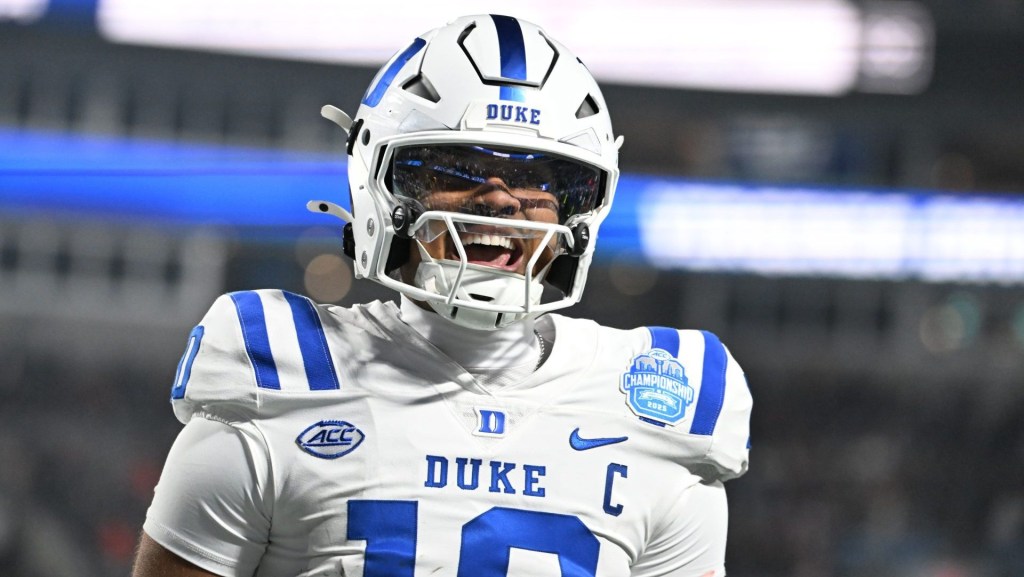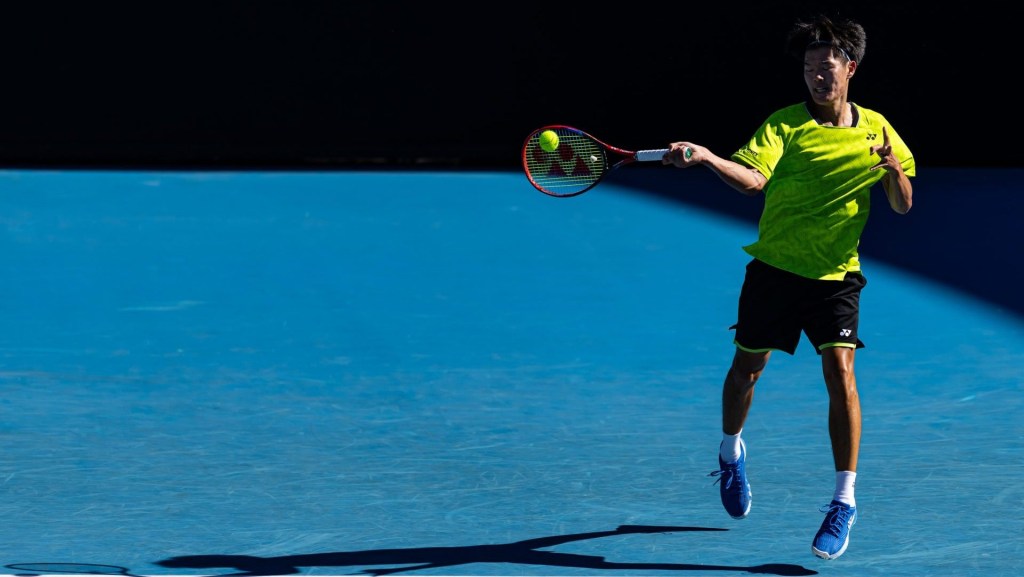Last month, former UNLV quarterback Matt Sluka rocked college sports by abruptly declaring he was redshirting and entering the transfer portal over what he and his family say were unkept promises to pay out name, image, and likeness deals.
Sluka and his representatives have admitted that any promises to pay him $100,000 in NIL money were made orally. For their part, UNLV coaches have denied making any promises of the type.
The entire situation arguably could have been avoided if Sluka got the agreement in writing.
Rachel Baker, the general manager of Duke men’s basketball, says that’s the only way she’ll do NIL deals with athletes.
“In terms of how we’ve set up our relationship with our collective, and how our collective engages with our student-athletes, it’s our job to protect them,” Baker said Tuesday on an NIL-focused panel at Advertising Week in New York. “And whether it’s fraudulent or not, athlete-friendly agreements that may protect a donor’s investment but doesn’t necessarily protect a student-athlete’s experience at Duke, that reflects on us.”
When Duke coach Jon Scheyer hired Baker in 2022, she was one of the first of her kind as a general manager for a college sports team. Now she has plenty of peers, some of whom make more than their colleagues on the coaching staff.
“When you’re making these promises to these athletes and families, the collective has to be in a lot of ways a reflection of what you’re telling them on a day-to-day basis. It, quite literally based on the contract, couldn’t happen at Duke,” she said of the Sluka situation. “And I think it’s really important that in order to avoid those kinds of things, you continue to be athlete-friendly,” she said.
“And I know that it is technically the dark side of all of this, but it also holds coaches, administrators, universities, accountable for recruiting promises that historically they haven’t had to really follow up on.”
